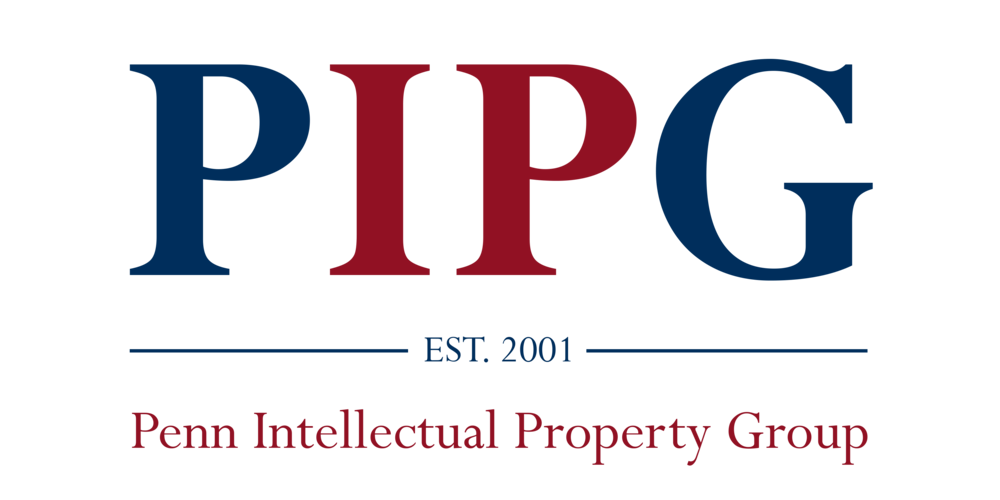 The Pirate Bay has just released a Google-powered map that tracks the number of IP-infringing connections per country.
The Pirate Bay has just released a Google-powered map that tracks the number of IP-infringing connections per country.
The TorrentFreak's "pirate bay map" records bittorrent communication, logging the locations to and from which its trackers are transferred. The map indicates the origin of the users who are connecting to its trackers, and it updates in real time.
According to the map at the time of this posting, the leader in traffic is China. The map indicates that 33% of all connections to the trackers originate from the .cn domain, which equals about 7 million peers. Considering that the site is officially blocked in China, these numbers are even more impressive.
Other Asian locations host massive amount of users as well, with 5.9% of connections coming from Taiwan and 4.2% from Japan.
The United States is a home to 8% of the users, and Sweden - the home of the Pirate Bay - hosted over 1% of them. Sweden had about 250,000 peers, which--out of a population of nine million --is not nearly as bad as some of the other countries.
In Europe, Spain has been the leading country, owning a little less that 5% of the connections.
The map is arguably only the beginning of a larger project to provide detailed statistics on the tracker’s users.
Read more here and here.
 In December, FCC Commissioner Deborah Taylor Tate gave a presentation entitled "From the Boardroom to the Classroom: Piracy Impacts and Solutions." Her talk was sponsored by Penn Intellectual Property Group and the Center for Technology, Innovation, and Competition.
In December, FCC Commissioner Deborah Taylor Tate gave a presentation entitled "From the Boardroom to the Classroom: Piracy Impacts and Solutions." Her talk was sponsored by Penn Intellectual Property Group and the Center for Technology, Innovation, and Competition.





